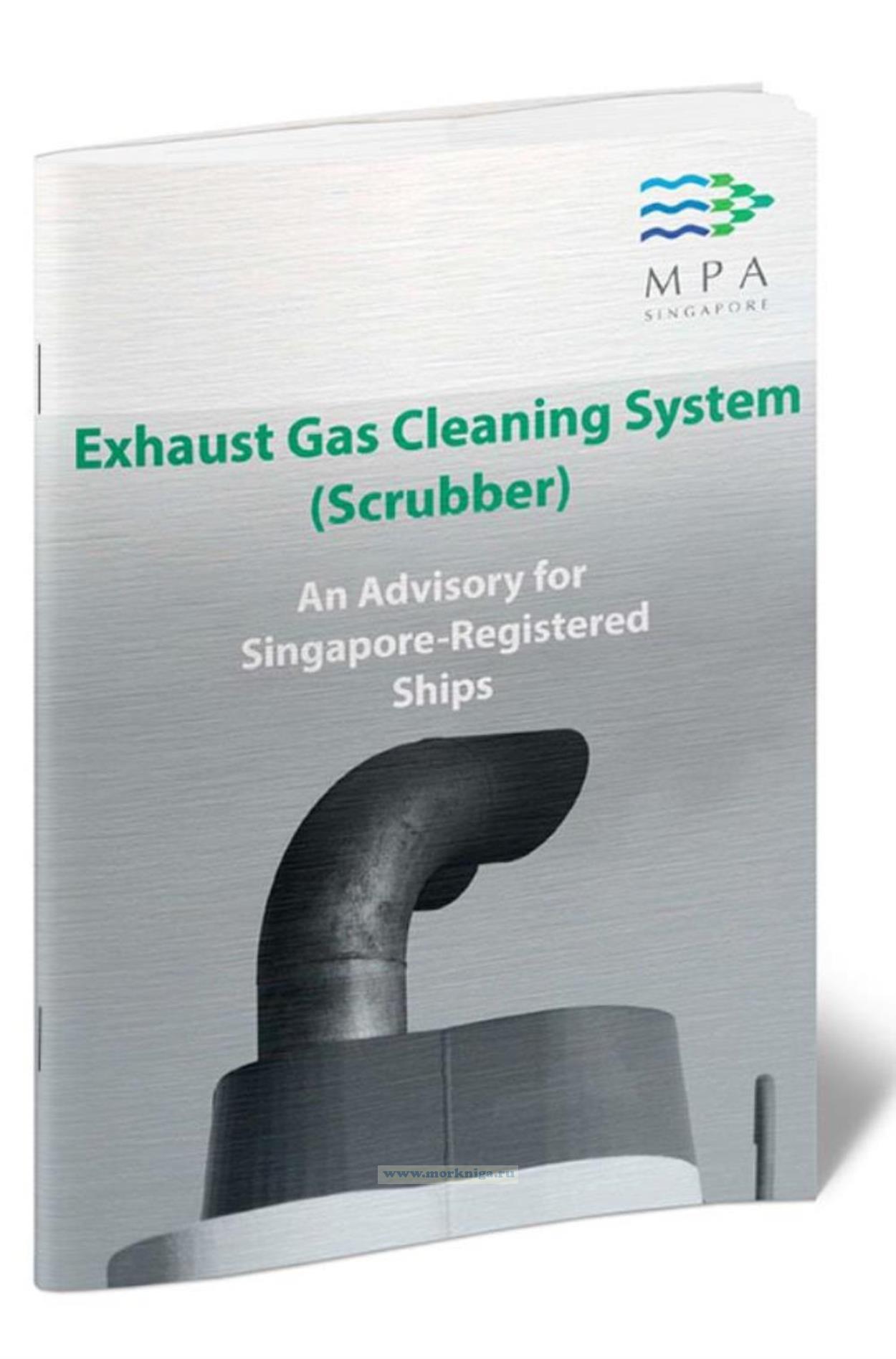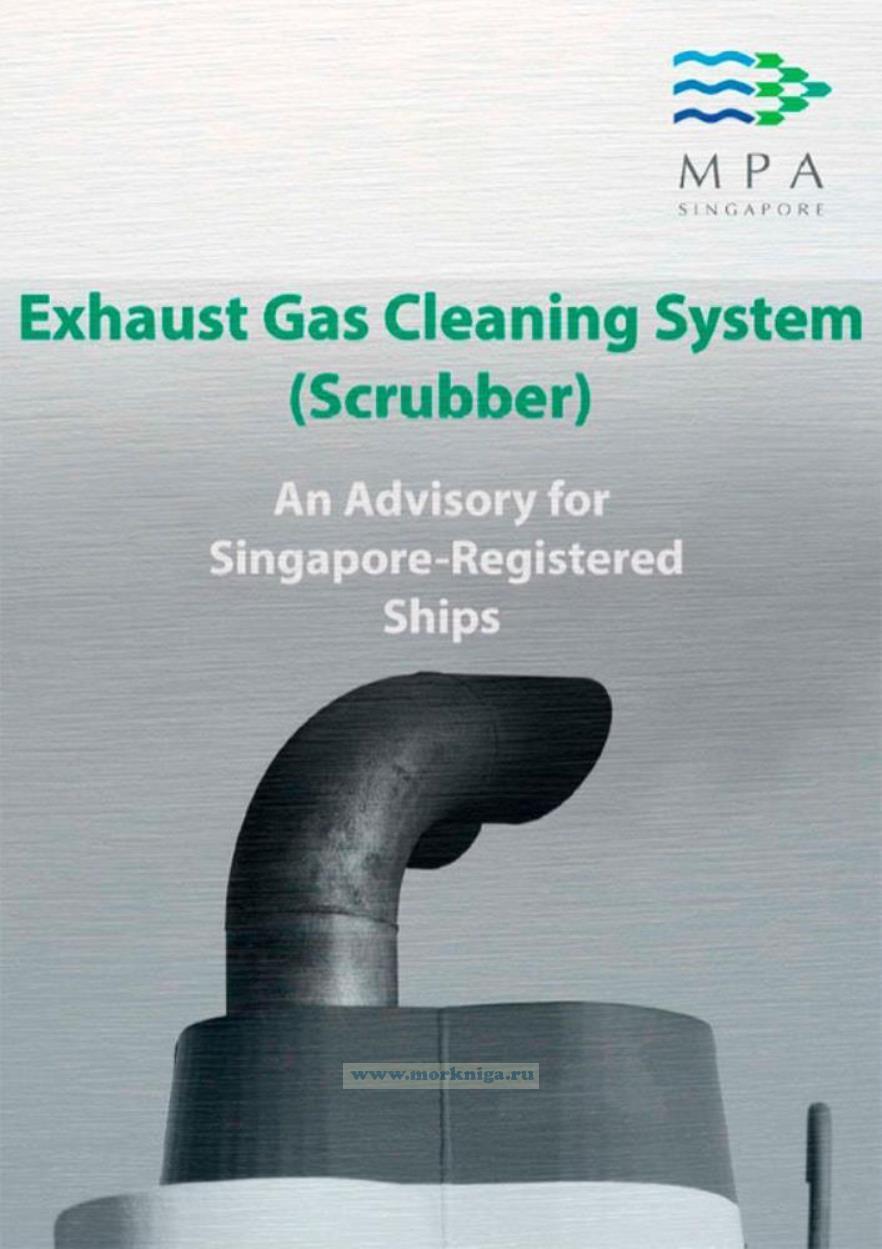Сб с 10 до 16
Exhaust Gas Cleaning System (Scrubber)/Системы очистки выхлопных газов (Скрубберы)
Книга на английском языке.
MARPOL Annex VI Regulation 14.1 states that the sulphur content of any fuel oil used on board ships shall not exceed 0.50% m/m on and after 1 January 2020 (for ships operating outside an emission control area1). This is commonly referred to as the IMO 2020 fuel oil sulphur limit.
Furthermore, amendments to MARPOL Annex VI Regulation 14.1 to prohibit the carriage of fuel oil with sulphur content exceeding 0.50% m/m for use on board ships will come into force on 1 March 2020. This is commonly referred to as the “carriage ban” of non-compliant fuel oil. The ban would not apply to carriage of non-compliant fuel oil as cargo.
In summary, for ships operating outside an emission control area, the sulphur content of any fuel oil used on board ships shall not exceed 0.50% m/m from 1 January 2020 and the sulphur content of fuel oil used or carried for use on board a ship shall not exceed 0.50% m/m from 1 March 2020.
The above requirements would not apply to ships that use abatement technology as equivalent means of compliance, if approved by the flag Administration under MARPOL Annex VI Regulation 4. One such abatement technology is the exhaust gas cleaning system (scrubber).
For compliance with the IMO 2020 fuel oil sulphur limit, many Singapore-registered ships have been fitted with scrubbers. Many more are scheduled to be fitted with scrubbers in the coming months.
This advisory does not delve into the selection of scrubber types, makes or models. Nor does it touch upon the selection of shipyards. Instead, this advisory serves to share some observations and best practices during installation, and when the scrubber is put into operation.
The observations are mainly gathered from the shipboard inspections carried out in the course of our Flag State Control and Port State Control inspections. The best practices are gathered from the inputs and feedback provided by operators of Singapore-registered ships who had installed and operated scrubbers. These are shared so that operators of Singapore registered ships may take them into consideration during the installation and subsequent operation of scrubbers.
The intent of this advisory is to help ensure the safe operation and pollution prevention of Singapore-registered ships. The choice of methodology for compliance with the IMO 2020 fuel oil sulphur limit remains the prerogative of each ship owner and operator.
Contents
Installation
Case Study 1 - Installation of scrubber casing without fire detection nor fire-fighting arrangement
Case Study 2 - Reported failure of washwater piping and flooding of engine room
Operations
Case Study 3 - Loss of propulsion due to scrubber safety system failure
Regulatory matters
References

